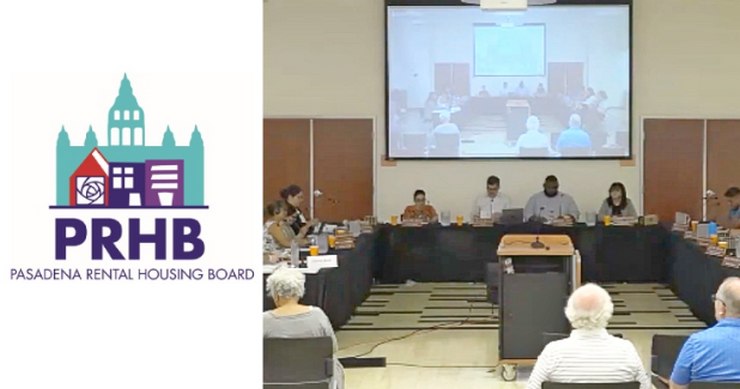
The City Council on Monday is expected to meet in closed sessions over lawsuits filed by the relatives of Anthony McClain, who was shot and killed by a Pasadena police officer in August following a traffic stop on North Raymond Avenue.
The Ralph M. Brown Act, the state’s open meeting law, authorizes legislative bodies to meet in closed session when “based on existing facts and circumstances, there is a significant exposure to litigation against the local agency.”
If action is taken in a closed session, the City Council must report it at the first reportable opportunity.
McClain, 32, was the passenger in a vehicle that was pulled over by police officers near Raymond Avenue and Grandview Street at about 8 p.m. Aug. 15.
Officers said they pulled the car over because it did not have a front license plate.
The traffic stop appeared to be routine as the driver cooperated with police. Both men complied when they were asked to get out of the vehicle, but McClain fled almost immediately after stepping onto the street.
Officer Edwin Dumaguindin opened fire, fatally striking McClain once in the back. McClain’s autopsy shows his shoulder was grazed by a second bullet. Officers said McClain had a gun, although he did not appear to brandish a weapon in footage released by the Police Department.
Dumaguindin did not turn on his body-worn camera before the incident, but he later activated it after McClain had been shot.
Failure to activate the body-worn camera is a violation of department policy.
In October, police said that McClain’s DNA was found on a handgun found near where McClain was struck by the bullet fired by Dumaguindon after the L.A. County Sheriff’s Department completed testing on the weapon.
In August, a civil rights attorney told Pasadena Now that the shooting could be a test case for Assembly Bill 392.
Under AB 392, police officers can use lethal force only as a “necessary” response to a threat — not merely as an “objectively reasonable” reaction, which is what state law has allowed since 1872.
“This could absolutely be a test case for AB 392,” civil rights attorney DeWitt Lacy told Pasadena Now. “Is it necessary force? We will see how the court responds. The application of the law is sometimes different than the written words.”
Under the terms of AB 392, police can resort to deadly force if “the officer reasonably believes, based on the totality of the circumstances, that deadly force is necessary to defend against an imminent threat of death or serious bodily injury to the officer or to another person,” states the text of the law, “or to apprehend a fleeing person for a felony that threatened or resulted in death or serious bodily injury, if the officer reasonably believes that the person will cause death or serious bodily injury to another unless the person is immediately apprehended.”














 0 comments
0 comments


